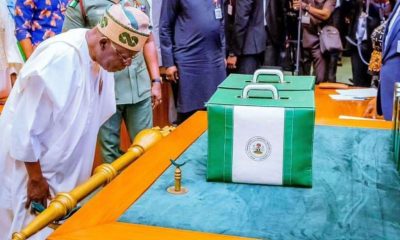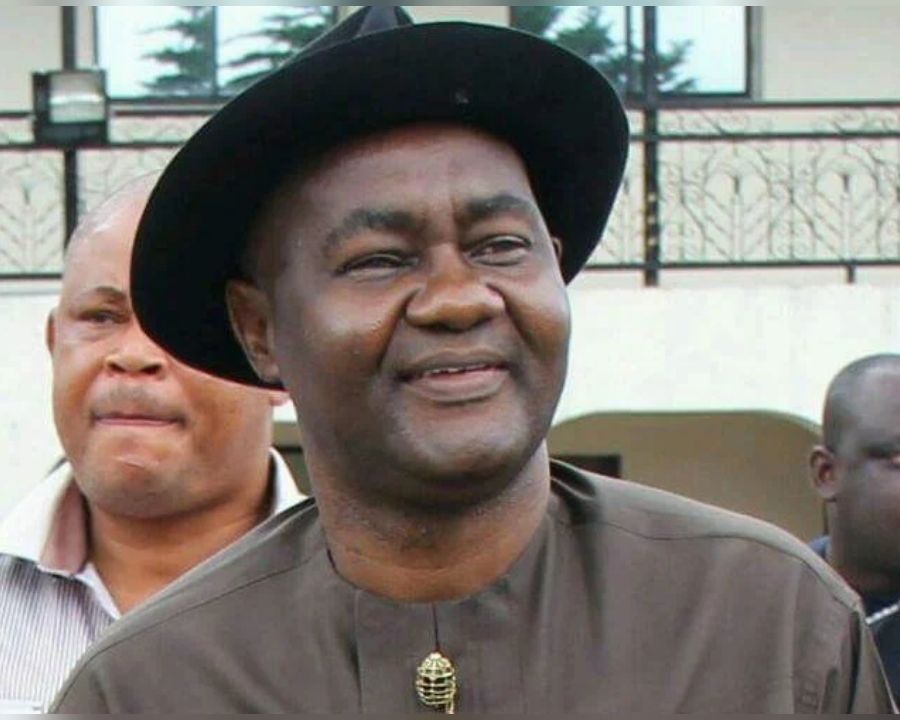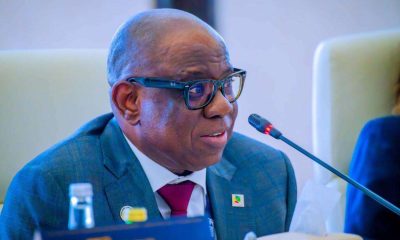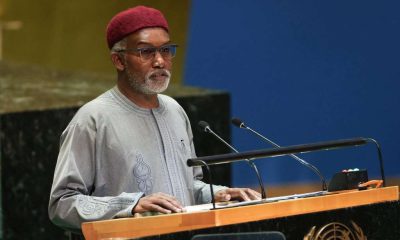Business
Tinubu defends fuel subsidy removal, says it only benefited the rich
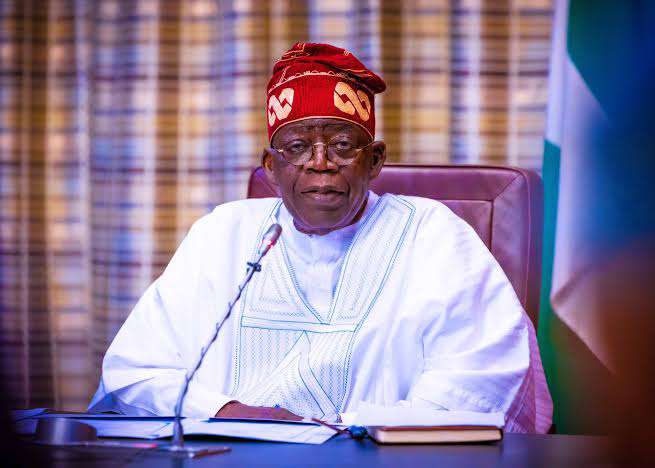
President Bola Tinubu has again defended the removal of fuel subsidy, insisting the policy was not only unsustainable but disproportionately favoured wealthy Nigerians at the expense of the broader population.
Speaking through the Minister of State for Finance, Dr. Doris Nkiruka Uzoka-Anite, at the opening of the National Conference on Public Accounts and Fiscal Governance in Abuja on Monday, Tinubu said the funds previously spent on subsidies are now being redirected to critical infrastructure, social safety nets, and targeted reforms to rebuild public trust and promote inclusive development.
He stressed that although the subsidy removal had caused temporary hardship, it was necessary to create fiscal space and ensure that national resources are used to benefit the majority rather than a privileged few.
“In 2022 alone, Nigeria spent over N4 trillion on fuel subsidy — more than the entire capital expenditure budget. This was not only fiscally reckless but also unjust,” he said. “It encouraged smuggling, fostered inefficiency, and undermined the nation’s economic potential.”
Tinubu lamented that Nigeria’s economy had long been weighed down by structural inefficiencies, fiscal leakages, and an overdependence on oil revenue. He emphasised that sound fiscal governance — built on transparency, accountability, and prudent management of public funds — was vital to national development.
He also cited the recent signing of new tax reform laws aimed at simplifying compliance, expanding the tax base, digitising revenue collection, and harmonising multiple taxes to improve the ease of doing business in the country.
On monetary policy, Tinubu commended the Central Bank of Nigeria (CBN) for efforts to stabilise the naira, rein in inflation, and better coordinate with fiscal authorities.
In his remarks, Senate President Godswill Akpabio, represented by Senator Abdul Ningi, urged the Public Accounts Committees (PACs) of the National Assembly to assert their constitutional authority to enforce transparency and accountability in public finance. He warned against growing disregard for legislative summons, which he said threatens the country’s fiscal discipline.
Similarly, Speaker of the House of Representatives, Abbas Tajudeen, represented by House Leader Julius Ihonvbere, decried the lack of consequences for unresolved audit queries. He revealed that over N300 billion in public funds flagged by audit reports remain unrecovered.
“Fiscal responsibility cannot thrive where infractions are ignored and accountability mechanisms are weak,” he said.
Also speaking, Chairman of the Senate Public Accounts Committee, Senator Ahmed Wadada, called on leaders and institutions across sectors to embrace a new era of fiscal integrity. He declared that the culture of fiscal recklessness must be brought to an end.



